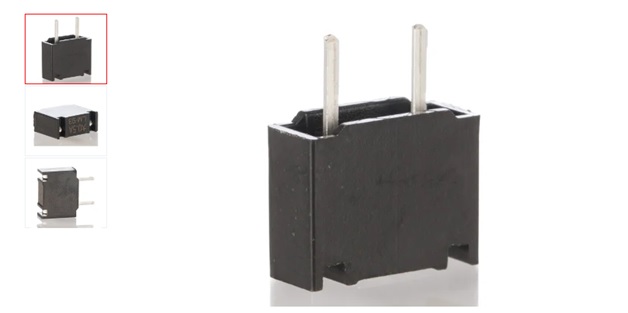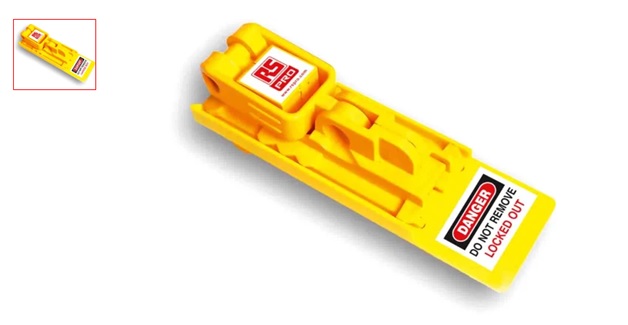A fuse is an electrical device designed to protect an electrical circuit from overload or short circuits. Fuses are made of a metal wire or strip that melts when too much current flows through it, which breaks the circuit and prevents further flow of current.


Here are the Different Types of Fuse:
● DC Fuses
DC fuses are an important part of any electrical system. They are used to protect against overcurrent and short circuits. While they are not required by law, they are highly recommended by the National Electrical Code. DC fuses come in a variety of sizes and amperages, so it is important to choose the right fuse for your application.
● AC Fuses
An AC fuse is an electrical fuse used to protect against overcurrent and short circuits in AC electrical systems. AC fuses are available in various shapes and sizes and are designed to be used with specific types of AC electrical circuits. When selecting an AC fuse, it is important to consider the amperage rating of the fuse, as well as the voltage rating of the circuit.
● Cartridge Fuses
Cartridge fuses are made of ceramic or glass tubes containing a metal wire or ribbon. The wire is connected to two metal caps, called terminals, which are attached to the ends of the fuse. The fuse is placed in a holder called a socket, which is mounted in the circuit breaker box. When the fuse blows, the metal wire inside the fuse melts, breaking the circuit and preventing the flow of electricity.


● D – Type Cartridge Fuse
D-type cartridge fuses are one of the most common types of fuses used in electrical equipment. They are available in a variety of sizes and ratings to suit different applications. D-type fuses have a cylindrical body with a threaded end cap, which can be screw- or bayonet-type. The other end of the fuse has a male spade terminal for connecting to a female socket.
● High Rupturing Capacity Fuse
A high rupturing capacity fuse is a type of fuse that is designed to handle high currents. This type of fuse is typically used in high-voltage applications, such as in electrical power distribution systems. High rupturing capacity fuses are available in a variety of sizes and ratings, making them suitable for a wide range of applications.
● High Voltage Fuses
A high-voltage fuse is an important part of any electrical system. They are designed to protect against overcurrent and short circuits. Fuses are available in a variety of sizes and ratings, so it is important to select the right one for your application. High voltage fuses are used in numerous industries, including aerospace, automotive, and power generation.
● Surface Mount Fuse
A surface-mount fuse is a device that is used to protect electronic components from overcurrent and overvoltage. The fuse is placed on the circuit board and soldered to the pads. Surface-mount fuses are available in a variety of sizes and voltage ratings.
Conclusion
Fuses are an important part of any electrical system, and there are different types to choose from, depending on the application. Fuses come in different shapes and sizes, and each type has its own advantages and disadvantages. The most common types of fuses are ceramic, glass, and blade.
















